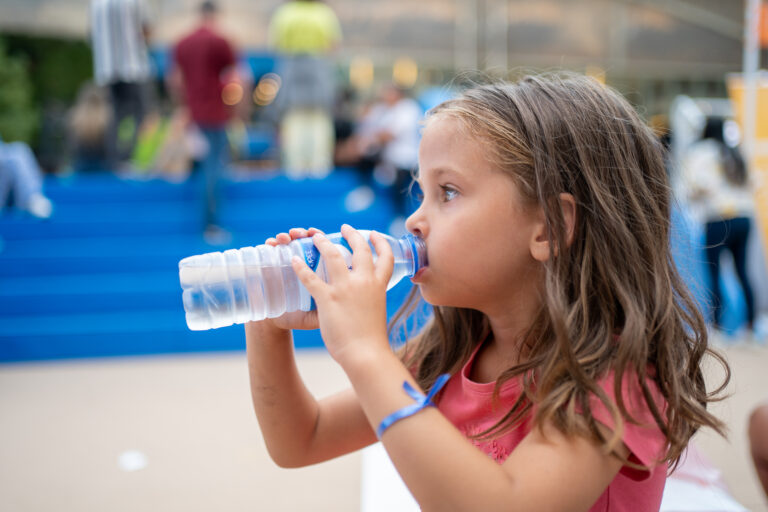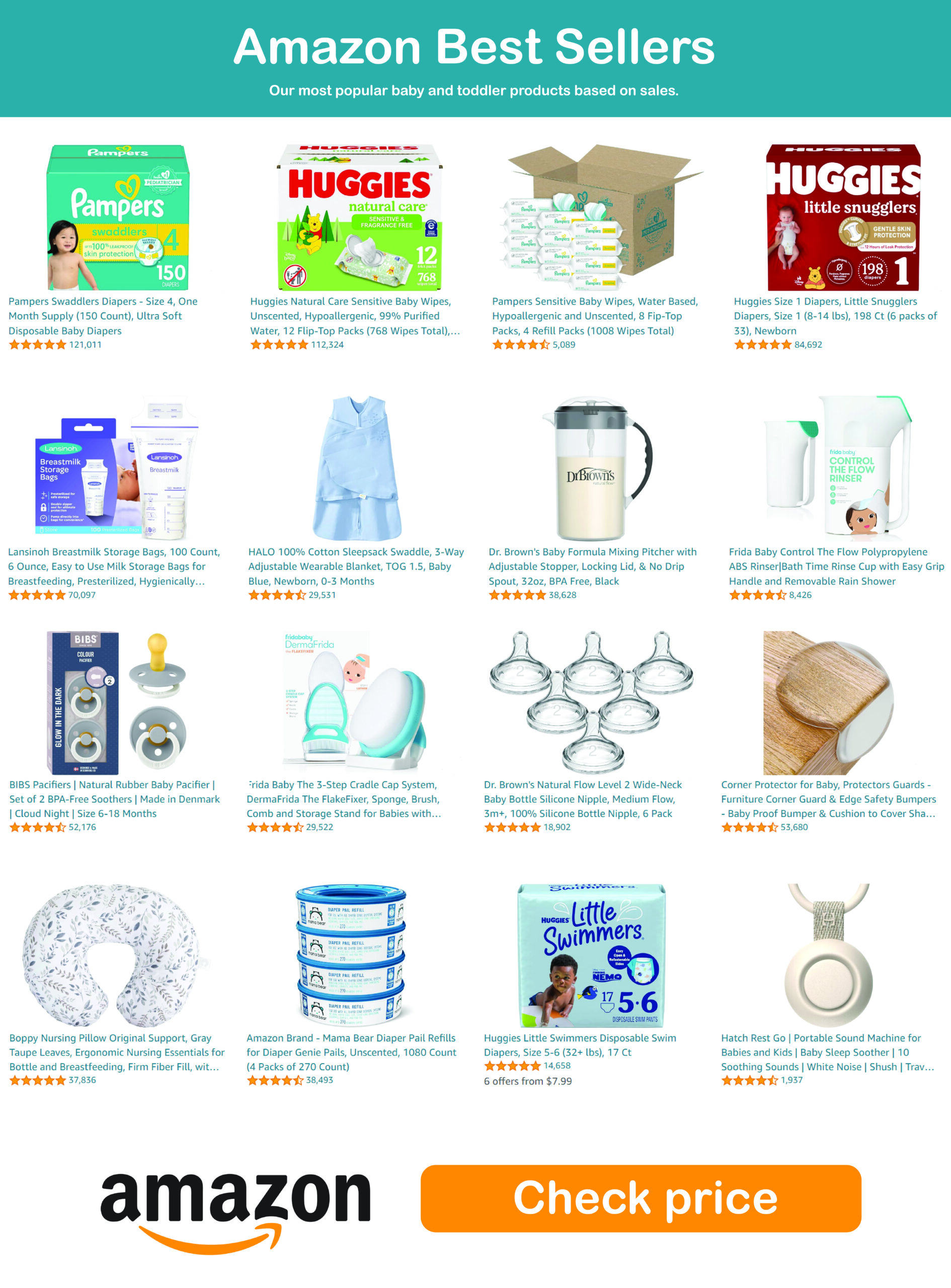In my years as a childhood educator, one challenge that frequently crops up, especially during the warmer months, is keeping the little ones adequately hydrated.
It’s a concern shared by many in my field, as young children often get so engrossed in play that they forget to drink water.
Through trial, error, and a bit of creativity, I’ve found some effective strategies to ensure hydration doesn’t become a chore but a fun part of our day. Let me share these with you.
Understanding the Importance of Hydration
Before diving into strategies, it’s crucial to understand why staying hydrated is especially important for young learners.
The Basics of Hydration
In my journey, I’ve learned that children’s bodies do not regulate temperature as efficiently as adults’, making them more susceptible to dehydration.
A well-hydrated child is a happy, energetic learner, ready to explore the world with enthusiasm.
Recognizing Dehydration Signs
Through my experiences, I’ve become adept at spotting the signs of dehydration – from lethargy to dry lips.
It’s important for educators and parents alike to recognize these signs early to prevent any negative impacts on a child’s health and well-being.
Creative Hydration Strategies
Getting children to regularly drink water can be a challenge, but I’ve gathered a few creative approaches that have proven to be children-approved.
Fun with Flavors
I’ve tried infusing water with natural flavors like strawberry, cucumber, or lemon.
This simple change can make a world of difference, making water more appealing to children who might be reluctant to drink it plain.
Hydration Through Foods
I’ve personally used the strategy of incorporating water-rich foods into snacks and meals.
Fruits like watermelon, cucumber, and oranges are not only hydrating but also nutritious and loved by most children.
Fun Drinking Cups
In my work, I’ve seen that children are more excited to drink water when it’s from a fun, colorful cup or bottle, especially if it features their favorite cartoon character.
I’ve made it a point to let children pick their water bottles for the day, which significantly increases their water intake.
Integrating Hydration into Daily Activities
Making hydration a part of daily routines and activities ensures that children stay hydrated without it feeling like a task.
Scheduled Water Breaks
Incorporating scheduled water breaks into the day’s routine has been effective.
Whether after a play session or before snack time, these regular intervals remind children to drink water and help establish healthy habits.
Educational Water Games
I’ve found success in turning hydration into a learning opportunity. Simple games like “water relay races” or “guess the flavor” with infused waters make drinking water fun and educational.
Storytime and Songs about Water
Incorporating stories and songs about the importance of water into our curriculum has been my secret weapon.
It subtly instills the value of hydration while keeping children engaged and entertained.
Collaborating with Families
Working together with families reinforces the importance of hydration and ensures consistency between home and the childcare setting.
Sharing Tips and Observations
Open communication with families about their child’s hydration habits has been invaluable.
Sharing observations and tips helps parents continue these practices at home, creating a cohesive approach to ensuring children stay hydrated.
Creating a Hydration Challenge
I’ve initiated friendly hydration challenges among families, encouraging them to track their water intake and share their creative hydration ideas.
This not only promotes hydration but also fosters a sense of community and shared goal.
Reflecting on the Impact
Since implementing these creative hydration strategies, I’ve observed a noticeable difference in the energy levels and overall well-being of the children in my care.
They’re more alert, active, and engaged throughout the day, proving that a little creativity goes a long way in promoting healthy habits.
Continuous Learning and Adaptation
Each child’s response to these strategies has taught me something new, reinforcing the importance of flexibility and adaptation in educational approaches.
It’s a continuous learning process that is as rewarding as it is essential.
Celebrating Hydration Successes
Celebrating the milestones, like a child remembering to take a water break without a reminder, has been a joy.
It underscores the positive impact of our efforts and the importance of hydration in supporting healthy, happy learners.
Final Thoughts
In my years of working with young learners, ensuring they stay hydrated throughout a hot day has transformed from a challenge into an opportunity for creativity and education.
By making hydration fun, integrating it into daily activities, and collaborating with families, we can foster healthy habits that children carry with them beyond the classroom.
Hydration is fundamental to their health, energy, and ability to learn, and by addressing it with care, creativity, and consistency, we support their overall development and well-being.












